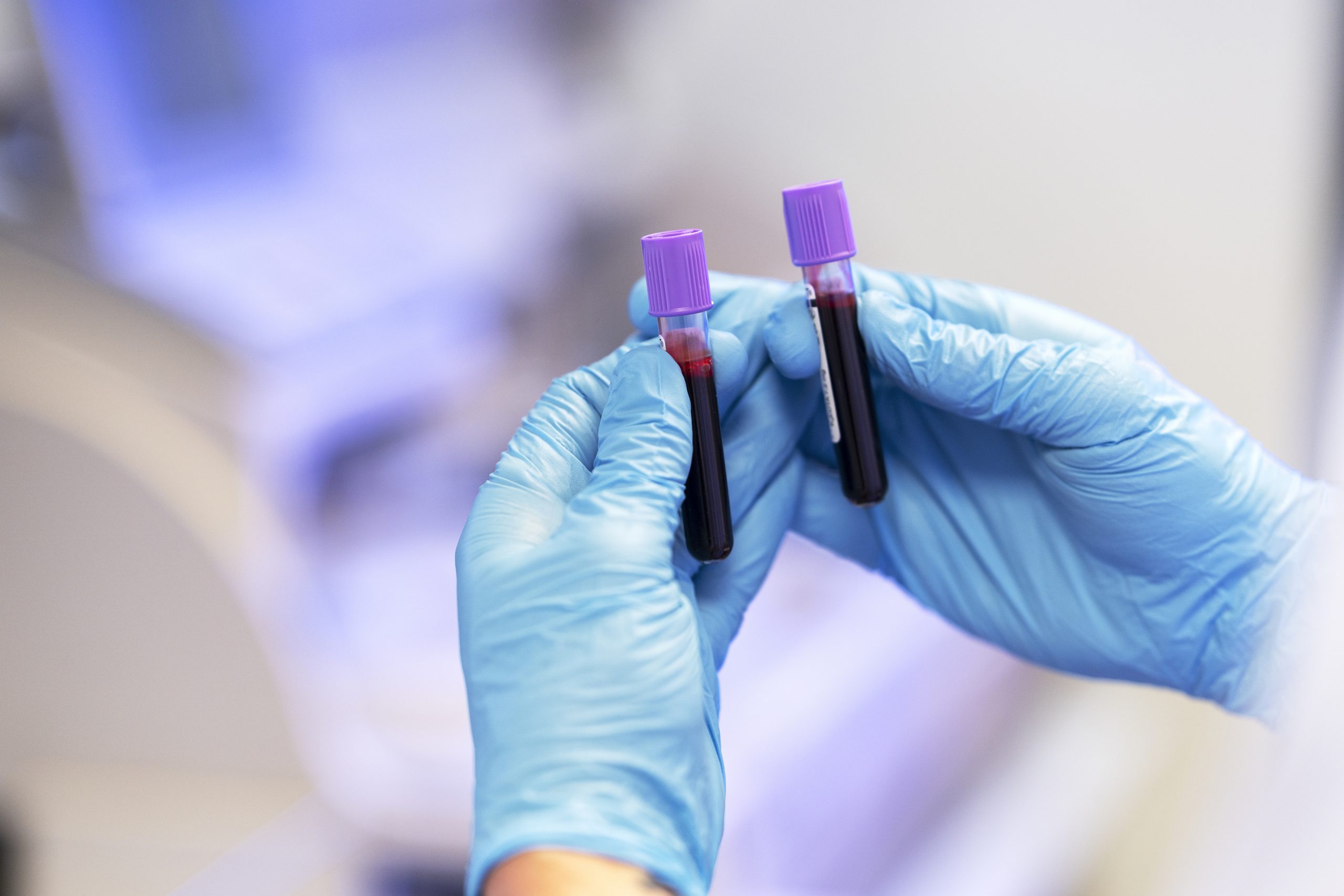

A team lead by Xianghong Jasmine Zhou, Ph.D., professor of Pathology and Laboratory Medicine at UCLA’s David Geffen School of Medicine, has made significant progress in addressing one of the primary obstacles in cell-free DNA (cfDNA) testing, popularly known as liquid biopsy.
They discovered particular methylation patterns that are unique to each tissue, which could aid in identifying the precise tissue or organ involved with liquid biopsy abnormalities detected by testing, a major challenge for accurate illness diagnosis and monitoring.
Cell-free DNA holds great promise for disease identification and monitoring. However, reliably measuring tissue-derived cfDNA with existing methodologies has proven difficult, as has establishing the tissue origin of liquid biopsy fragments found in these tests.
The scientists created a complete and high-resolution methylation atlas based on a massive dataset of 521 noncancerous tissue samples covering 29 different types of human tissues in a new study published in Proceedings of the National Academy of Sciences.
They call their method cfSort, and it successfully identified particular methylation patterns unique to each tissue at the fragment level, which they validated with additional datasets.
Further, the researchers demonstrated the therapeutic applicability of cfSort by demonstrating two potential uses: assisting in disease diagnosis and monitoring medication adverse effects. They were able to examine and predict clinical outcomes in patients by measuring the tissue-derived cfDNA fraction with cfSort.
“We have shown that the cfSort outperformed the existing methods in terms of accuracy and detection limit: making more accurate tissue fraction estimation and distinguishing a lower level of tissue-derived cfDNA,” said first author Shuo Li.
“In addition, the cfSort demonstrated nearly perfect robustness toward the unseen local fluctuations of tissue compositions, indicating its wide applicability to diverse individuals.”
more recommended stories
 Pediatric Crohn’s Disease Microbial Signature Identified
Pediatric Crohn’s Disease Microbial Signature IdentifiedKey Points at a Glance NYU.
 Nanovaccine Design Boosts Immune Attack on HPV Tumors
Nanovaccine Design Boosts Immune Attack on HPV TumorsKey Highlights Reconfiguring peptide orientation significantly.
 High-Fat Diets Cause Damage to Metabolic Health
High-Fat Diets Cause Damage to Metabolic HealthKey Points Takeaways High-fat and ketogenic.
 Acute Ischemic Stroke: New Evidence for Neuroprotection
Acute Ischemic Stroke: New Evidence for NeuroprotectionKey Highlights A Phase III clinical.
 Statins Rarely Cause Side Effects, Large Trials Show
Statins Rarely Cause Side Effects, Large Trials ShowKey Points at a Glance Large.
 Anxiety Reduction and Emotional Support on Social Media
Anxiety Reduction and Emotional Support on Social MediaKey Summary Anxiety commonly begins in.
 Liquid Biopsy Measures Epigenetic Instability in Cancer
Liquid Biopsy Measures Epigenetic Instability in CancerKey Takeaways Johns Hopkins researchers developed.
 Human Antibody Drug Response Prediction Gets an Upgrade
Human Antibody Drug Response Prediction Gets an UpgradeKey Takeaways A new humanized antibody.
 Pancreatic Cancer Research: Triple-Drug Therapy Success
Pancreatic Cancer Research: Triple-Drug Therapy SuccessKey Summary Spanish researchers report complete.
 Immune Cell Epigenome Links Genetics and Life Experience
Immune Cell Epigenome Links Genetics and Life ExperienceKey Takeaway Summary Immune cell responses.

Leave a Comment